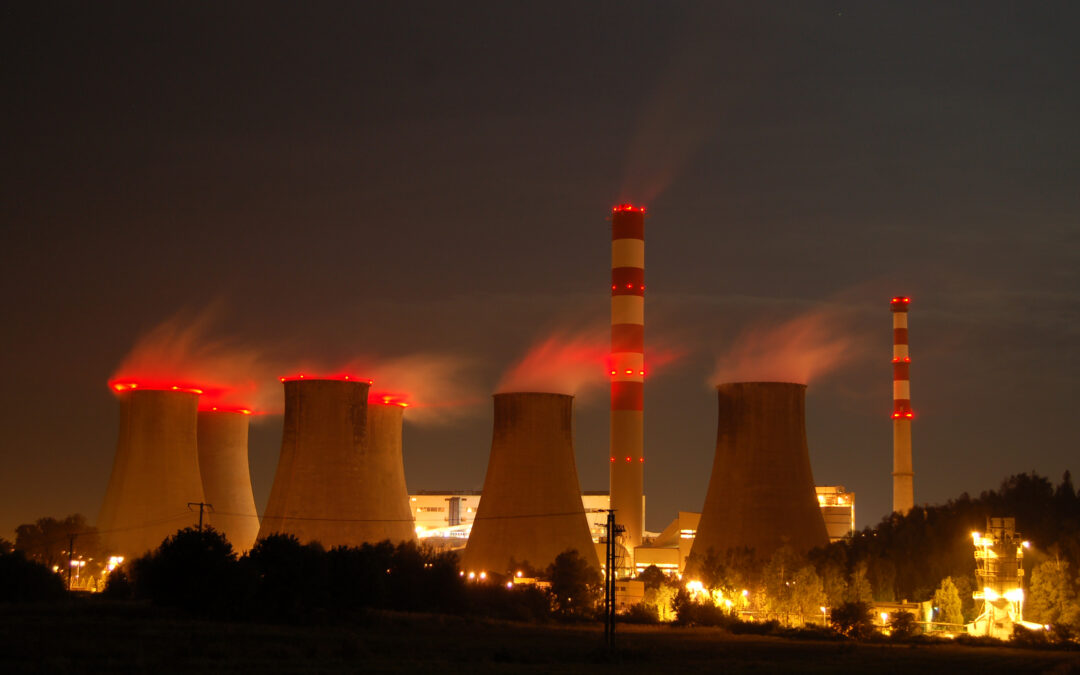Rapidly rising energy prices – which have been driving Poland’s highest inflation rates in 20 years – are a consequence of its membership in the European Union, says Deputy Prime Minister Jacek Sasin.
Sasin, who also serves as minister for state assets, pointed to the high costs of the bloc’s carbon permits, which are particularly heavy for coal-reliant Poland. This is an example of how being part of the EU can have negative consequences, he argued.
Inflation in Poland last month reached 7.7%, the highest figure since 2000, according to data released this week. The country has over the last two years consistently recorded among the highest inflation rates of all EU member states.
The biggest driver of inflation in Poland has been the prices of fuel – which rose 36.6% year-on-year in November – and energy, which increased 13.4%. Both these effects were driven by growing global oil and gas prices, as well as Poland’s weak currency.
Wstępny szacunek GUS wskazuje, że inflacja wzrosła do 7,7% r/r. To piąty miesiąc z rzędu z odczytem powyżej rynkowego konsensusu. Zaskoczył wzrost cen żywności (6,4%) i energii (13,4%). Inflacja bazowa wzrosła do 4,7% r/r. pic.twitter.com/X7Zk5TQa0u
— Polski Instytut Ekonomiczny (@PIE_NET_PL) November 30, 2021
“The sources of inflation do not lie in Poland,” claimed Sasin in an interview with Polsat News. “The increase in prices is mainly influenced by rising prices of energy resources.”
The deputy prime minister also pointed to the costs of EU carbon permits. These have made electricity in Poland – which relies on coal for almost 70% of generation, by far the highest proportion in the EU – particularly expensive.
Sasin called the EU’s climate policy “madness” and said that “rising energy prices are the cost of our participation in the EU”. While membership brings benefits, such as European funds, there are also “negative effects”, such as rising electricity prices, he said.
The deputy prime minister noted that the government was doing what it can to soften the blow for Polish consumers. It last week announced a package, dubbed the “anti-inflation shield”, that will cut taxes on fuel and give a special allowance to millions of households to compensate for higher costs.
Earlier this week, Prime Minister Mateusz Morawiecki likewise told state broadcaster TVP that “inflation came to us from abroad due to high gas prices, the high prices of CO2 allowances, and due to the pandemic”. He noted that Germany, Spain and the US are also seeing “record levels of inflation”.
While prices have been rising across the EU, Poland’s inflation rate has been among the highest. In the last three months for which EU-wide data are available, Poland recorded the bloc’s fifth highest (October), third highest (September), and highest (August) rates.
Euro area annual #inflation up to 4.1% in October https://t.co/P51aOwuCsC pic.twitter.com/BVbpdQQWnM
— EU_Eurostat (@EU_Eurostat) November 17, 2021

Daniel Tilles is editor-in-chief of Notes from Poland. He has written on Polish affairs for a wide range of publications, including Foreign Policy, POLITICO Europe, EUobserver and Dziennik Gazeta Prawna.




















